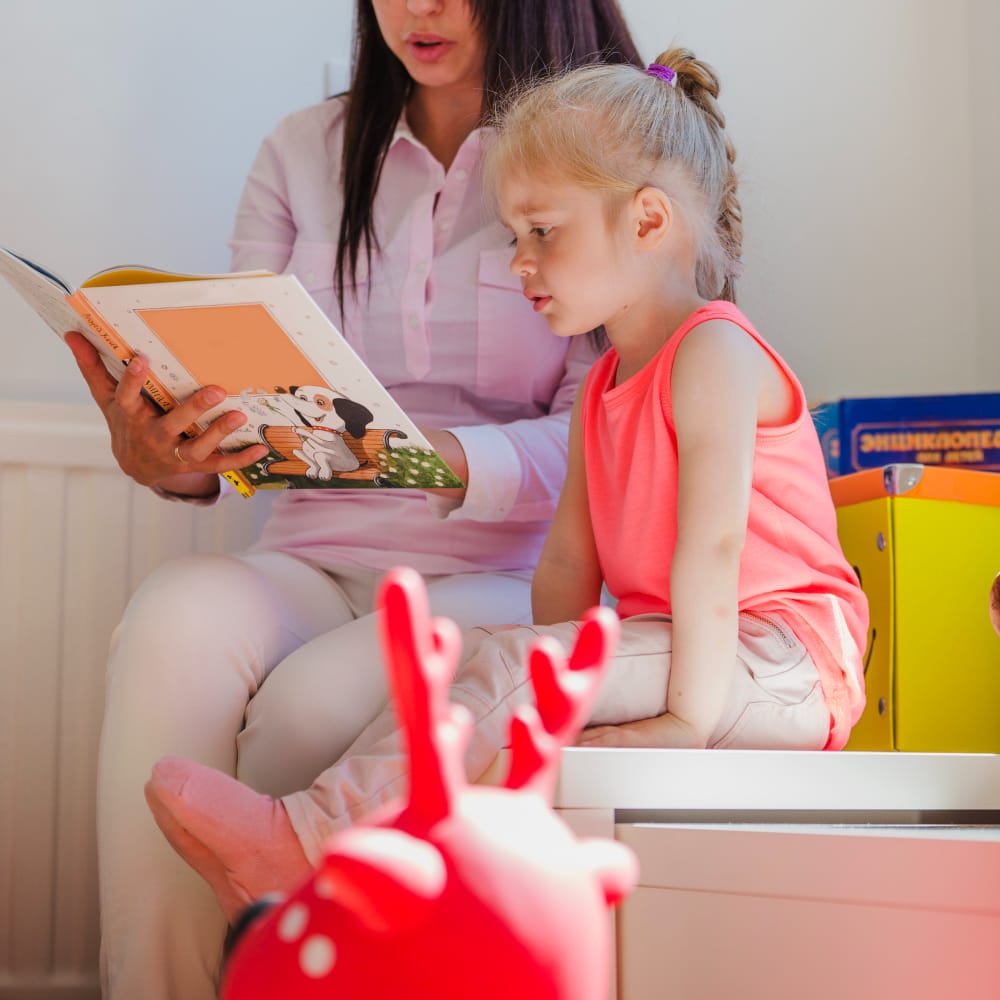
In a nutshell, school readiness means that a child is ready to learn.
As confusing as it may sound, keep in mind that a child who is eager to learn is not necessarily ready to learn. Curiosity and an eagerness to learn is an important first step, but school readiness requires that a child is guided to achieve certain skills and social competencies and to understand certain basic concepts – this then forms the solid foundation upon which all future knowledge is built. If children enter formal schooling without being school ready, they are likely to start falling behind in their literacy and numeracy development from the very start and may never be able to catch up. This leads to gaps in a child’s knowledge and causes academic difficulties to compound as a child moves through the grades.
Attaining school readiness is a process and requires positive and consistent input from caring adults and other children in the child’s community.
The first five years of a child’s life are the most important years for brain development and experiences during these early years have a lasting impact on the brain.
In broad terms, the aspects that school readiness focuses on are:
- Gross and fine motor development. This will impact on whether a child is physically strong enough to carry his own school bag, play with other children his age or maintain a good posture at his desk without tiring too soon. It will impact on his ability to manipulate a pencil or a pair of scissors efficiently and dictate whether he is able to learn to write.
- Concept development. For instance, knowing the basic shapes will help a child learn to recognise and copy letters and numbers. Having a basic understanding of time will help him know what to expect during the school day and understand when he is required to transition from one activity to the next. Knowing basic colours will help him follow instructions more effectively, etc.
- Perceptual development – is the child’s brain able to effectively perceive and manipulate the information it receives from his eyes and ears?
- Emotional and social development. This impacts on a child’s ability to separate from his parents, to form a bond with his teacher and peers and to get on in relative harmony with his classmates. A child who is not socially mature enough to tell the teacher when something is wrong or share with his classmates might have a very difficult time at school.
- Self-care. Is the child able to look after his own belongings? Can he go to the bathroom by himself, feed himself, blow his own nose when it runs, etc?
- Self-control and executive function. This impacts on a child’s ability to concentrate and not be distracted by what is going on around him. It impacts on his ability to plan and execute tasks and to not act impulsively, but to delay immediate gratification so as to obtain bigger rewards later.
Read our article regarding a comprehensive checklist for school readiness if you want to know exactly which skills your child will need in order to be deemed to be school ready.



